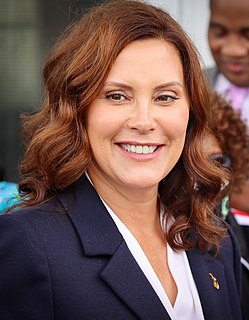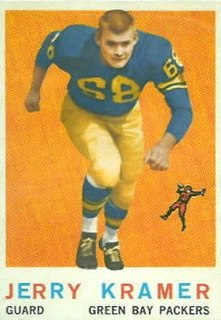A Quote by Ken Kesey
Me and Norman Mailer have talked about how hard it is in America to get better. Especially at writing.
Related Quotes
It's always an interesting question of what was it like as Norman Mailer's son because I could easily turn it back and say what's it like not to. I didn't always realize my dad was Norman Mailer. I always knew he was Dad, and then I forget the exact age when it dawned on me that, you know, he is actually someone who affects the public consciousness of the time. It was amazing. I mean he was a rock star and brilliant and kind and funny and generous and scary when he needed to be and, you know, hard as a father.
My father, Norman Mailer, expected a lot from us and he really pushed us and you know one of his favorite lines was, "If you think I'm being hard on you, wait until life hits you because life is a hell of a lot tougher than I am." And I took everything he said to heart. He taught me how to write, which was scary and intimidating and hard, but ultimately one of the biggest gifts I could have ever asked for.
I think too much is known about me already. I think biographical information can get in the way of the reading experience. The interchange between the reader and the work. For example, I know far too much about Norman Mailer and Kurt Vonnegut. Because I know as much as I do about their personal lives, I can't read their work without this interjecting itself. So if I had it to do over, I'd probably go the way of J.D. Salinger or Thomas Pynchon. And just stay out of it altogether and let all the focus be on the work itself and not on me.
Norman Mailer loved women so much. I mean probably more than anything in the world he loved women. He got put into a position where he was kind of seen as the anti-feminist, although he was for the feminist movement. He just didn't want people to get consumed with the idea that this was going to be much better. He said, "Look, women should be treated equally and fairly."




































